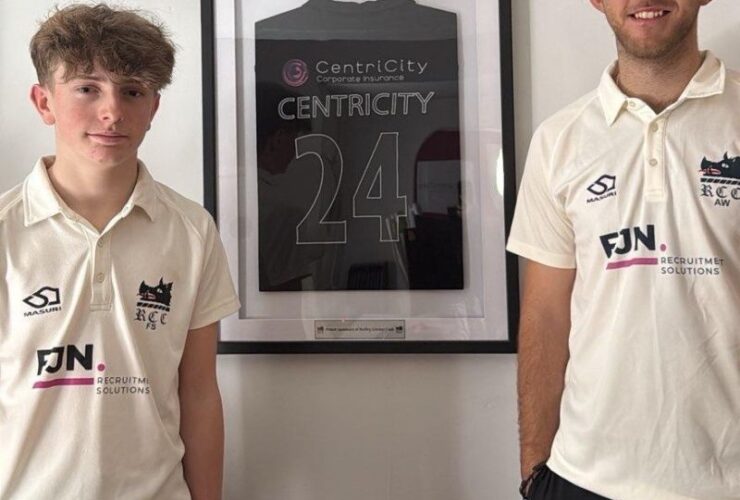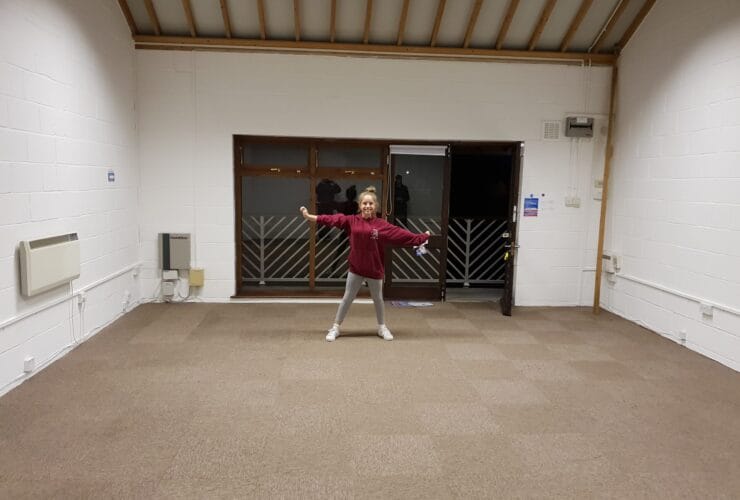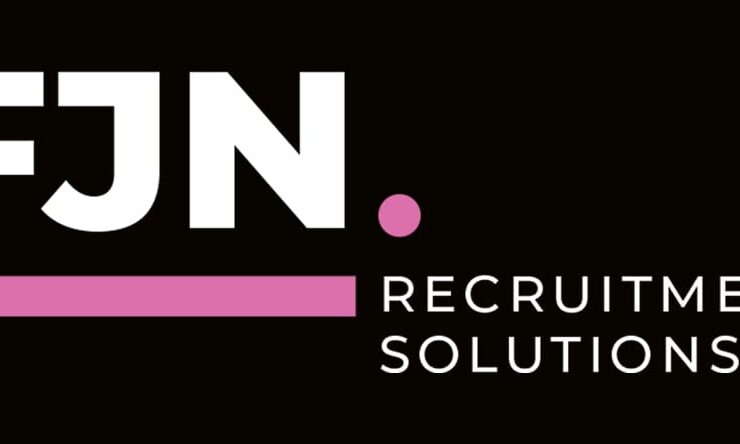As a small business, we rely not only on our knowledge, expertise, skills and contacts to do our roles well, helping our clients and candidates find and fill the right roles, but also on the reputation we build in doing our everyday work.
Reputations often go before you and are not always something you can influence, as everyone can have an opinion, good or bad, but trying your best, putting 100% effort in and always being open and honest with your customers, will put you in a stronger position to giving you a good reputation, no matter what industry you work in. We are only human, and no-one is perfect, far from it, but we can aim to provide the best service humanly possibly and hope that your client/customer agrees.
Feedback, therefore, can play a vital role in building your reputation or changing its direction, improving your product or service and it can affect any business, from start-ups to 100-year-old businesses. Everyone in a business plays a part, no matter how junior or senior your position is, and can influence the reputation.
How you treat your clients and others will influence how you and your business are perceived so you may feel like the smallest cog in a very big machine but it only takes one small act to make a very big impact on a business, influence how your customers respond and how others perceive you and your business.
Feedback can take many forms, positive, negative, constructive, but no matter what form it takes, we can all always learn from it. It promotes questions such as:
- What did we do well?
- What impression did we give?
- How can we ensure we use positive feedback to continue to do well?
- How can we use the feedback to promote ourselves and/or our business?
- What could we do better next time?
- Can we share and teach others what we have learnt?
We encourage our clients and candidates to provide us with feedback. It not only helps to demonstrate to existing, new and potential new clients, why we are specialists in our market but hopefully prompts them to think of us for their next hire. Constructive feedback is also helpful to focus our attention on our weaknesses, consider how we can improve them and ask for help if we don’t know how. It also helps us to consider how we can go the extra mile.
Feedback is also a two-way process and is a big part of our job. Often it is giving a candidate feedback, positive or not, but can also be to a client to congratulate them on an excellent recruitment process or give details on how the process could have been better.
We recently received an email from a candidate. They had been put forward for a role we were also working on by another agency without their knowledge, so when we submitted the candidate’s CV we were told they had already received the CV and been declined for interview. We took the time to let the candidate know because, despite the fact we could not represent them for this particular role, they hadn’t been told they had been submitted or declined to this client. However, we want to continue to work with this candidate and it is only polite and courteous to give that feedback to encourage stronger future working relationships. The candidate took the time to email to say thank you to us for letting them know as we are one of the few agencies (and they are registered with many) who have ever replied, even when the outcome was not what they had hoped for.
Take what you can from feedback you receive, shout it from the rooftops, learn from it, adapt because of it. Don’t shy away from asking for feedback.



